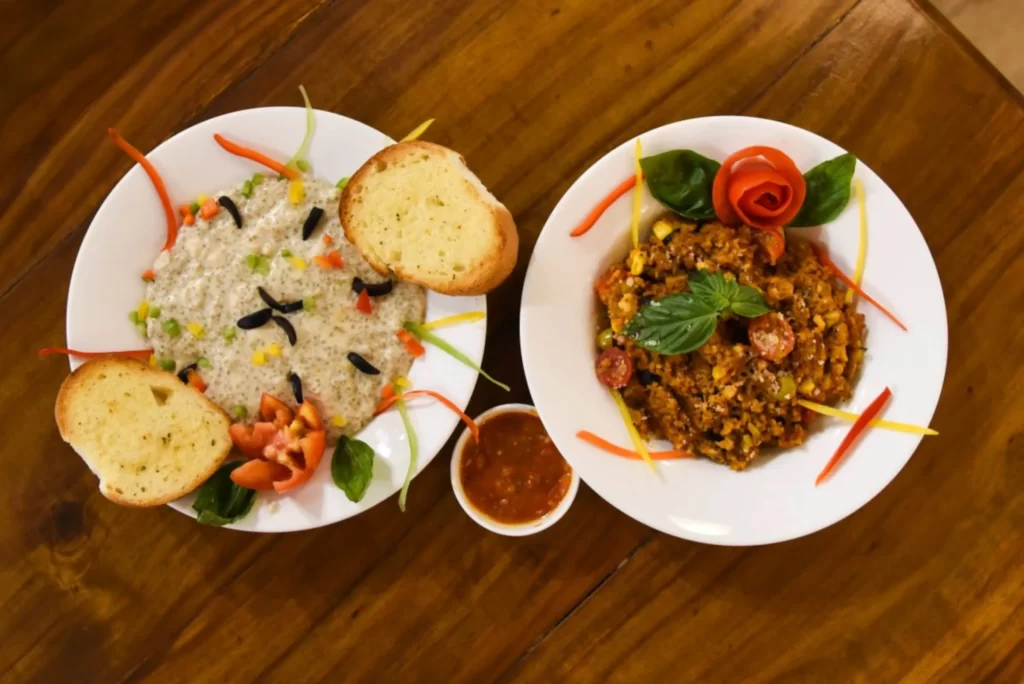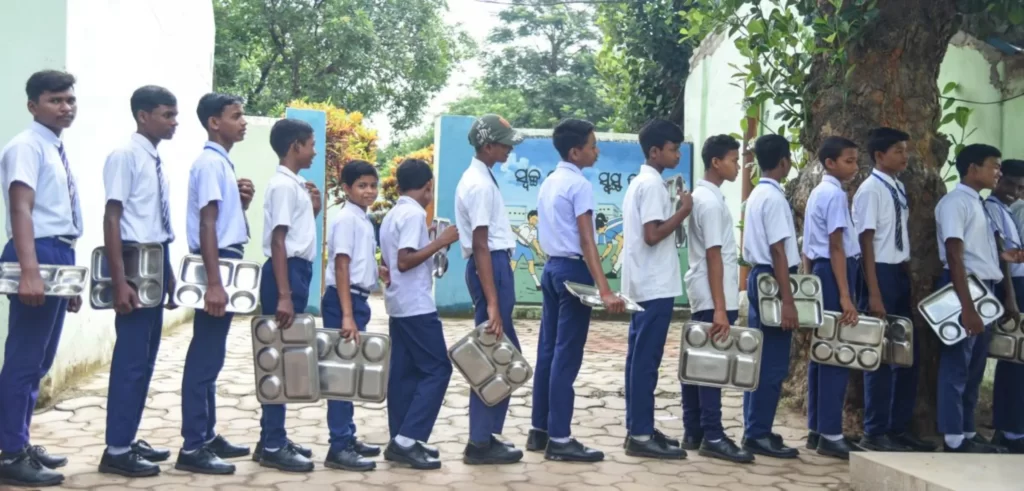Millets, which were once a common food crop in Asia and Africa, have been replaced by rice, wheat, and maize over the past 60 years due to the introduction of policies favoring rice and wheat crops in the 1960s which resulted in a decline in the popularity of millet in India. Its share in the country’s grain production decreased from 20% in the 1950s to 6% today.

The neglected millet crop is experiencing a resurgence worldwide due to its nutritional benefits and ability to thrive in dry environments, which is particularly valuable as climate change leads to more severe droughts and adversely effects global food security because harsher heat, drought, and floods caused by climate change can reduce crop yields, increase pest infestation, and lead to more food waste.
The United Nations designated 2023 as the International Year of Millets, and millets were served at the White House’s vegetarian dinner for Indian Prime Minister Narendra Modi during his visit in June.

The state of Odisha in India is promoting the cultivation of millet and it is also becoming popular in kitchens. Despite not being a major millet producer or consumer, the Odisha Millet Mission, started in 2017, is being replicated in other parts of India and has been praised by the U.N. Food and Agriculture Organization (FAO) as an inspiring example.
The state’s bet on millets aims to protect farmers’ earnings, fight malnourishment and promote healthy food alternatives, a “fork-to-farm” strategy to foster the consumer demand necessary for farmers to plant it. The state’s millet production has doubled to 208,000 tonnes since the project’s launch and it offers cash incentives of 26,000 rupees ($314) over a five-year period to farmers to grow the crop.

Nigeria, the biggest millet producer in Africa, is implementing a program to include biskin gero, a couscous-like dish with spicy fish sauce, in school meals for children in the northern part of the country.
India and Nigeria, both major millet producers, organized a cooking festival in Abuja to highlight the diverse uses of millet in their traditional cuisines, reflecting their shared millet-eating heritage. The production will soon catch up with growing demand as farmers see a ready-made millet market.
Reference- The Guardian, National Geographic, Vox, U.N. website, Thomson Reuters Foundation Story & website






